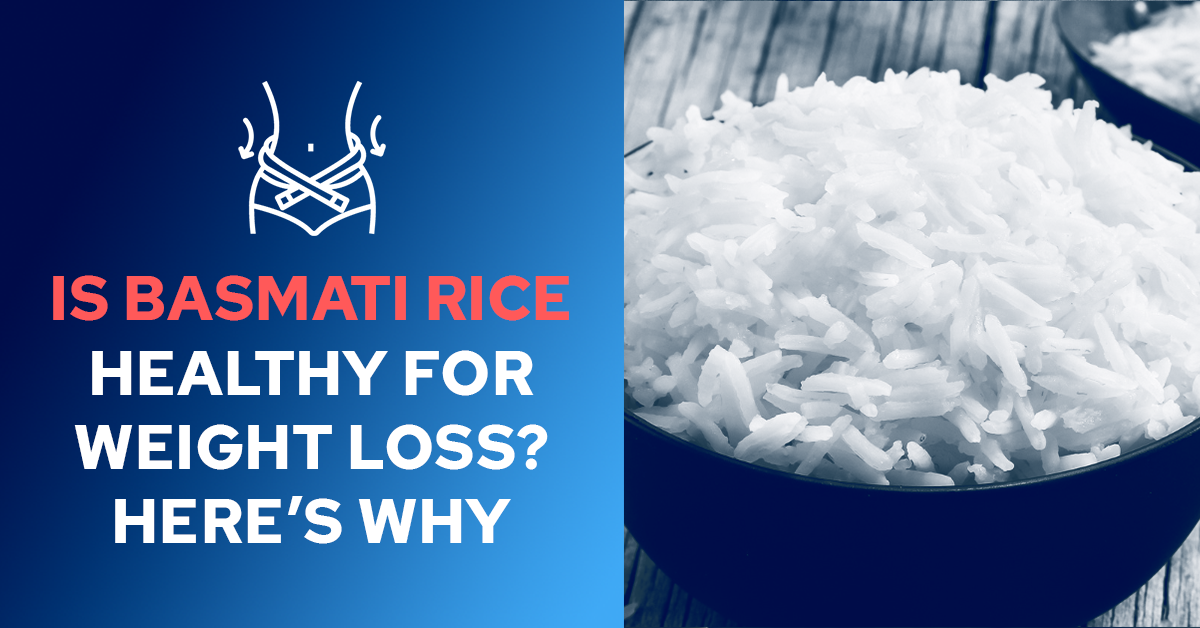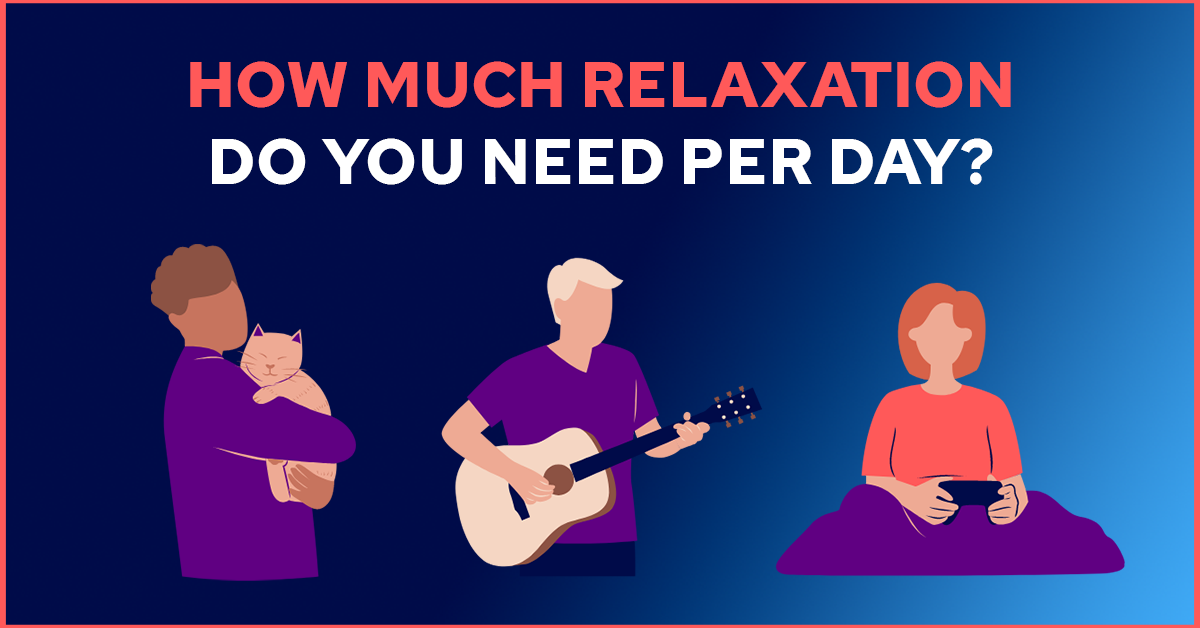Is Basmati Rice Healthy for Weight Loss: Nutritional Benefits Revealed

Losing weight can feel like a battle. One key player in this fight is what we eat, particularly rice. This blog will show how Basmati rice, a specific variety of long-grain rice known for its unique aroma and taste, helps with weight loss.
Keep reading to discover the health secrets of Basmati rice!
Key Takeaways
- Basmati rice is a healthy choice for weight loss because it has high fiber, low fat, and its carbohydrates are mainly complex carbs. This combination helps you feel full longer and keeps your energy steady.
- Brown basmati rice is better than white basmati rice for losing weight. It has more fiber and a lower glycemic index, which means it’s more filling and less likely to cause blood sugar spikes.
- Eating basmati rice can also improve your health in other ways. It supports heart health, may help prevent certain cancers, boosts brain function, and aids digestion due to its nutrient-rich content.
- Basmati rice’s low caloric value makes it ideal for managing weight effectively while still providing essential nutrients like B vitamins, iron, zinc, and magnesium that support overall well-being.
- The type of carbohydrates found in basmati rice—complex carbs—are gradual in releasing energy. This not only assists in controlling appetite but also benefits blood sugar levels making it suitable for those aiming at a healthier lifestyle beyond just weight loss.
Nutritional Values of Basmati Rice

Basmati rice is rich in carbohydrates, proteins, and essential minerals. It also contains vitamins and a good amount of fiber, making it a nutritious choice.
Carbohydrates

Carbohydrates in basmati rice are mainly complex carbs. These are good for you because they digest slowly. This slow digestion means your body gets energy steadily. It doesn’t cause quick spikes in blood sugar levels.
Complex carbohydrates also help you feel full longer. Eating foods like basmati rice can make it easier to manage weight. This is because you’re less likely to snack on unhealthy foods between meals.
Proteins

Basmati rice contains proteins, which are key for muscle repair and growth. This grain gives your body essential amino acids, the building blocks of protein. Eating basmati rice adds to your daily protein intake, important for a healthy diet.
Proteins also play a role in weight management by helping you feel full longer.
Next up, basmati rice is rich in vitamins that support overall health.
Fats

Basmati rice stands out because it is low in fats. Eating foods with lower fat can help you manage your weight better. This makes basmati rice a smart choice for those focusing on weight loss.
It fits well into a diet that limits high-fat foods.
This type of rice complements other parts of a healthy, balanced diet without adding extra fats. So, you get the energy you need from your food without the downside of too much fat.
This makes sticking to your diet goals easier and supports overall health benefits.
Vitamins

Basmati rice is rich in B vitamins like thiamine, niacin, and folic acid. Thiamine helps keep our brains healthy. This makes Basmati a smart choice for overall brain health. Eating enriched Basmati rice means you get more of these nutrients.
Enriched foods have extra vitamins and minerals added back in after processing.
This rice also contains iron and zinc, which are important for our bodies to function well. Iron carries oxygen in our blood, while zinc helps our immune system fight off viruses and bacteria.
So, by choosing Basmati rice, you’re not just getting good carbs but also essential vitamins that support your health every day.
Minerals

Basmati rice is a good source of essential minerals. It contains 0.8mg of iron per 100g serving, making it beneficial for maintaining healthy iron levels in the body. Brown basmati rice offers higher phosphorus, magnesium, zinc, and potassium content compared to white basmati rice, providing important nutrients for overall health.
The abundance of these minerals makes basmati rice a valuable addition to a balanced diet.
Moving on to the benefits of Basmati Rice for Weight Loss.
Fiber Content

Fiber is an important component of basmati rice. It aids in digestion and helps prevent Type 2 diabetes. Basmati rice, especially brown variety, has high fiber content which supports a healthy diet and can be beneficial for weight management.
Fiber from basmati rice adds bulk to the stool, aiding in smooth bowel movements and overall digestive health.
Consuming basmati rice that contains essential dietary fiber can help regulate blood sugar levels and reduce the risk of Type 2 diabetes. The high fiber content in this type of rice provides a feeling of fullness, preventing overeating and supporting weight loss efforts.
Caloric Value

Basmati rice has lower calories and carbohydrates compared to other types of rice. This makes it ideal for weight management. Its caloric value is beneficial for those aiming to maintain a healthy weight.
Benefits of Basmati Rice for Weight Loss

Discover the weight loss benefits of Basmati rice and how it can support your journey to a healthier lifestyle. Interested to learn more?
Low Glycemic Index

Basmati rice has a lower glycemic index, causing a slower rise in blood sugar levels after consumption. This can help with weight management and reducing the risk of diabetes. Additionally, foods with low glycemic indexes are helpful for maintaining balanced blood sugar levels throughout the day.
Low Calories

Basmati rice contains 356 kcal per 100g, making it lower in calories compared to other rice varieties. This makes it a good option for those aiming to manage their weight effectively.
With its lower glycemic index, basmati rice can aid in controlling blood sugar levels and supporting weight management.
Low calorie content and reduced glycemic index make basmati rice an optimal choice for weight management.
Satiating

Contains Complex Carbs

Basmati rice, renowned for its satiating properties, is a rich source of complex carbohydrates. These carbs are beneficial for maintaining steady energy levels and feeling full for extended periods.
Additionally, the low glycemic index of complex carbs in basmati rice makes it an ideal choice for weight management.
Low in Fat

Basmati rice is low in fat, making it a healthy choice for weight-conscious individuals. This characteristic helps in managing caloric intake and contributes to its role in weight loss.
Additionally, the low-fat content of Basmati rice makes it a suitable option for those looking to maintain a balanced diet with reduced fat consumption.
Brown Basmati or White Basmati: Which is Healthier for Weight Loss?

When comparing brown and white basmati rice for weight loss, brown basmati rice is the healthier option. It contains 20% more fiber compared to white basmati rice, making it more satiating and beneficial for weight management.
Additionally, brown basmati rice has a lower glycemic index than white basmati rice, which helps in better blood sugar control and sustained energy levels.
Other Health Benefits of Basmati Rice

Basmati rice can help improve heart health and aid in cancer prevention. It also supports better brain health and helps with digestion.
Improves Heart Health
Basmati rice can contribute to better heart health by lowering blood cholesterol levels and reducing blood pressure. It contains nutrients that support cardiovascular well-being, making it a positive addition to a heart-healthy diet.
Consuming healthy grains like brown basmati rice is linked to decreased risk of heart disease due to their impact on blood cholesterol levels and blood pressure. This makes basmati rice an excellent choice for maintaining good heart health.
Cancer Prevention

Basmati rice, particularly brown basmati, is linked to a lower risk of certain malignancies, such as colorectal cancer. This is due to the 20% higher fiber content in brown basmati compared to white basmati rice.
The higher fiber intake associated with brown basmati rice has been proven to reduce the risk of specific types of cancer. It’s an essential part of understanding the health benefits that this type of rice can offer.
– Brown Basmati or White Basmati: Which is Healthier for Weight Loss?
Better Brain Health
Basmati rice is rich in essential vitamins and minerals, including B vitamins and iron, which are crucial for brain health. The presence of these nutrients supports cognitive function and overall brain well-being.
Additionally, brown basmati rice contains higher levels of phosphorus, magnesium, zinc, vitamin E, and potassium compared to white basmati rice—further contributing to better brain health.
Including basmati rice in a balanced diet can play a vital role in enhancing brain function and maintaining overall mental wellness.
Helps in Digestion
Basmati rice, with its high fiber content, supports digestion and helps regulate bowel movements. This can prevent common digestive issues such as constipation and bloating. The fiber in basmati rice aids in improving overall digestive health by promoting smooth and efficient bowel function, making it an excellent addition to a balanced diet for those seeking better digestion.
Conclusion

With its lower calorie and carbohydrate content, basmati rice is a healthy option for weight loss. The nutritional values reveal it to be rich in essential nutrients and lower in glycemic index compared to other types of rice.
Whether brown or white, incorporating basmati rice into a balanced diet can offer numerous health benefits beyond just weight management. Its satiating properties, complex carbs, vitamins, and minerals make it a valuable addition to a healthy eating plan.
Enjoying basmati rice in moderation as part of a well-rounded diet can contribute towards maintaining a balanced weight while reaping the nutritional benefits it has to offer.
FAQs
1. Is basmati rice good for losing weight?
Yes, eating basmati rice, especially brown basmati, in moderation can be part of a healthy diet to lose weight because it has fewer calories and essential nutrients that help keep you full.
2. What makes brown basmati rice a healthier choice than white rice?
Brown basmati rice is less processed than white rice, keeping more vitamins like folic acid and dietary fiber which helps with digestion and can lower the risk of obesity.
3. Can eating basmati rice reduce health risks?
Studies show that whole grains like brown basmati may lower the risk of type 2 diabetes and certain cancers when eaten as part of a balanced diet.
4. Does arsenic in rice make it unhealthy to eat?
Basmati rice from California, India, or Pakistan is found to have less arsenic compared to other types. Eating this variety in moderation can still be healthy.
5. How does basmati fit into a diabetic diet?
Because it has a medium glycemic index, both white and brown varieties of Basmati Rice release sugar slowly into the bloodstream making them suitable for diabetes management when eaten in controlled amounts.
6. Are there any special benefits to choosing whole grain over refined grains?
Whole grains retain all parts of the kernel including germ and endosperm which are rich in nutrients during processing unlike refined grains; thus they provide more vitamins, minerals, and fibers beneficial for heart health and reducing inflammation.













